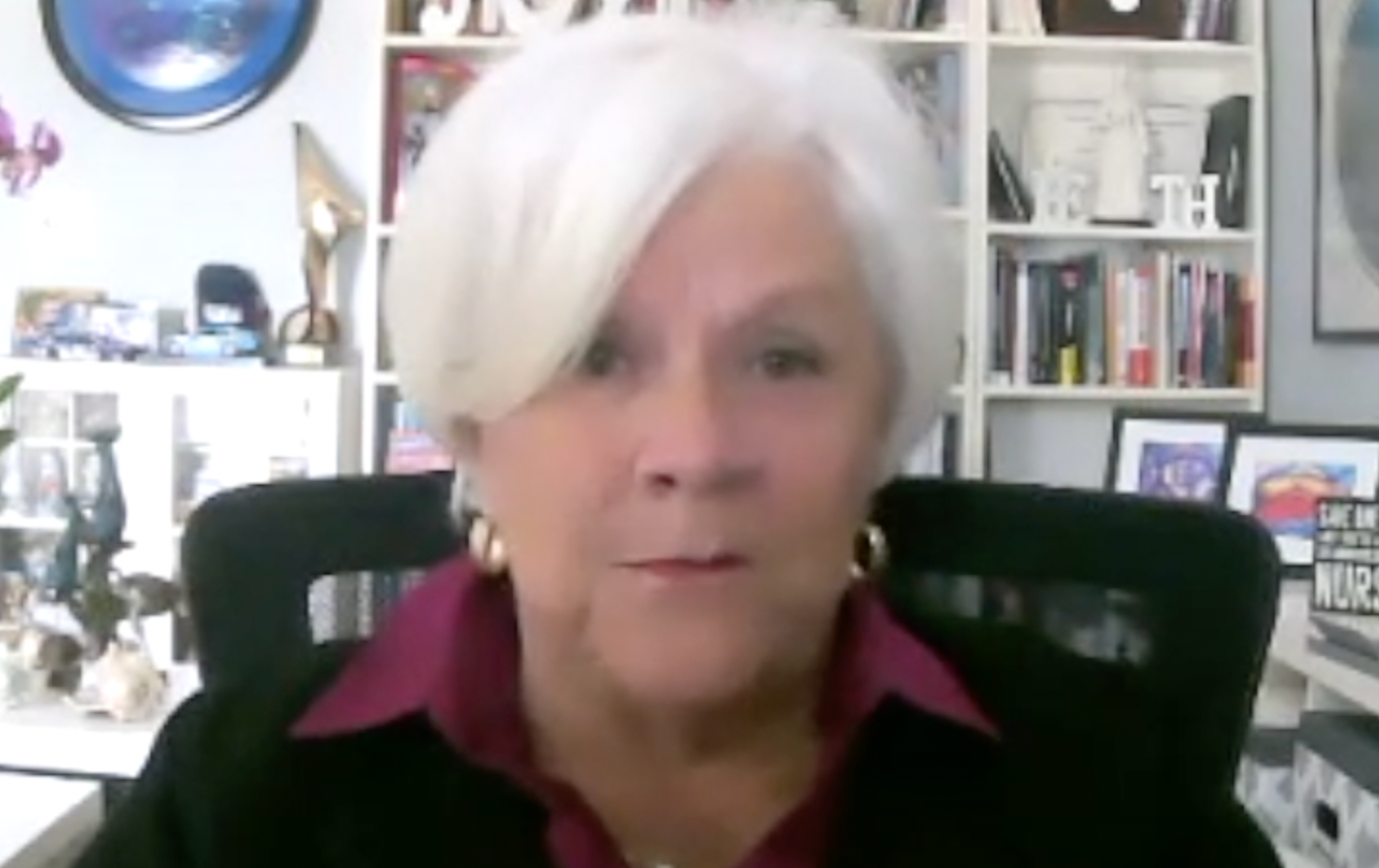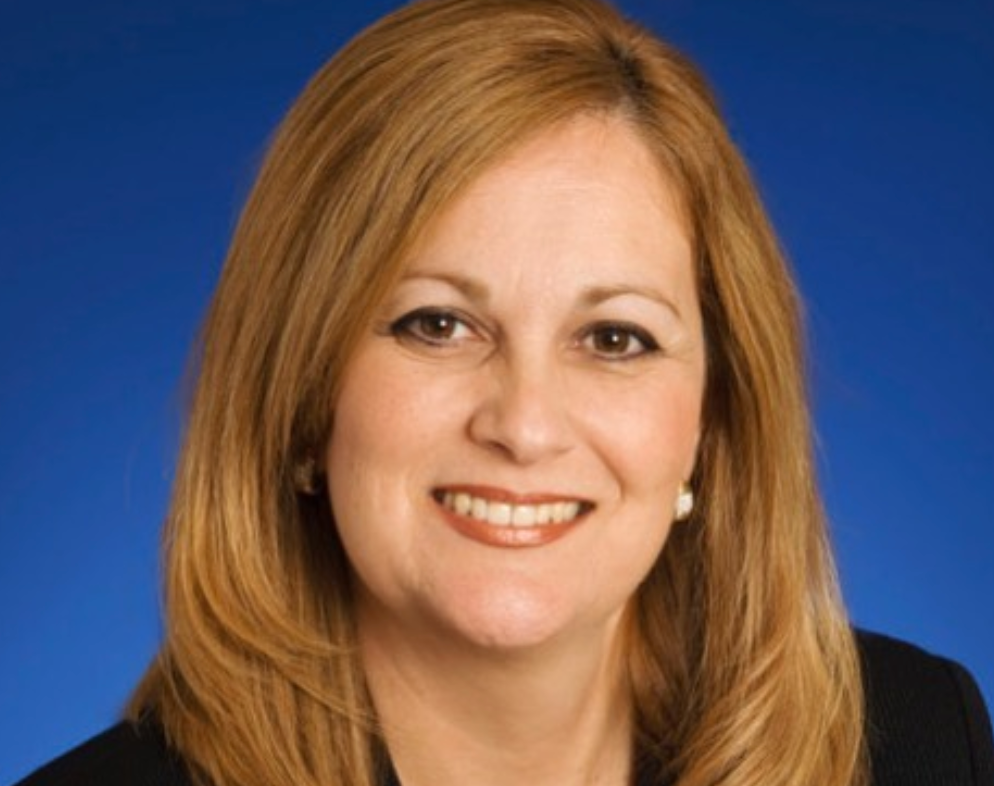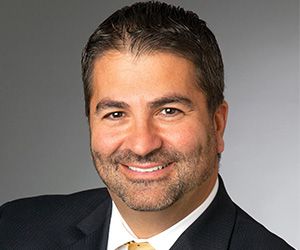Chief Healthcare Executive's most popular leadership stories of 2022
Over the next week, we'll be looking at the stories that have resonated with readers. Today, we kick off with stories on leadership that garnered the largest audience.
1. Nursing profession ‘beyond burnout,’ needs more attention
At times, Rebecca Love feels as if she's shouting into a void.
Love is the chief clinical officer of IntelyCare, a Massachusetts-based company which helps match nurses with openings at healthcare facilities. She called on healthcare organizations to make changes to keep nurses.
She says she is trying to raise awareness of the heart of the issue: the lack of any government reimbursement model that finances hospitals appropriately to pay for nursing.
“It feels like nobody is focusing on the real problem,” Love told Chief Healthcare Executive. “There is not a sustainable model of nursing. I think it’s going to become more acute, more apparent.’’
Unlike other roles in healthcare, such as occupational therapists and respiratory therapists, hospitals don’t get Medicare reimbursements for nurses, and nurses end up being a straight cost to health systems.
“I think if I can say one thing to hospital and healthcare leaders, it is time that we address a lack of a reimbursement model for nurses so that we can create a sustainable workforce to deliver the outcomes that we all want to deliver across healthcare,” Love said. “So until we as healthcare leaders organize and come together to change the misalignment in Medicare regulatory work, we're never going to be able to solve that problem.”
Nurses have been leaving hospitals, and more are thinking about walking away, at least in part due to the stresses of the pandemic. The number of registered nurses fell by more than 100,000 in 2021, the biggest decline in 40 years, according to an analysis published in Health Affairs.
Nurses are also facing increased violence in hospitals, and many nurses say they don’t feel their organizations care enough about their safety. John Hawkins, president and CEO of the Texas Hospital Association, said the uptick in violence during the COVID-19 pandemic is making it more difficult for hospitals to retain nurses.
The criminal prosecution of RaDonda Vaught, a former nurse charged in the death of a patient, has driven more nurses from the profession, Love said. She was sentenced to three years of probation.
Groups representing nurses derided the prosecution and said it could have a chilling effect on healthcare, because it could deter nurses and doctors from disclosing mistakes. They also feared it would drive more nurses out of the profession.
“The RaDonda Vaught verdict, which led to a criminal prosecution of a nurse for a self-reported medical error, has led the vast majority of nurses to reconsider their profession,” Love said. (See a video of our conversation with Rebecca Love. The roundup continues below.)
2. If hospitals want to keep nurses, they need flexible schedules
If hospital executives want to avoid losing more nurses, they need to think about scheduling differently, nursing leaders say.
Beth Ulrich

Some nurses are leaving hospitals because they’re weary of long hours. Beyond the long hours, some are also walking away from hospitals because of rigid schedules, says Beth Ulrich, the lead author of a study on nursing released earlier this month by the American Association of Critical-Care Nurses.
Flexible scheduling can help hospitals retain younger nurses, and veteran nurses who may be weary of 12-hour shifts.
Hospital executives need to employ “some creativity” when it comes to scheduling, Ulrich told Chief Healthcare Executive in an interview.
“This has got to be everybody coming together on this one,” Ulrich said. “This is not just a nursing problem, by any wide stretch of the imagination. This is a healthcare problem. It’s how we deliver care.”
“There’s a whole lot of healthcare that’s not going on in hospitals,” she said. “More and more we’re moving to community settings, the local drugstore, whatever. A lot of this, we have to look in the community also. The community starts to look pretty attractive when they work the hours they can work sometimes in the community, compared to what we do to nurses in hospitals with their time. We have to think about that.”
Some nursing leaders have said it’s time for hospitals to move away from 12-hour shifts for nurses.
3. Coral Gables CEO, killed in murder-suicide, remembered as a ‘bright light’
Maria Cristina Jimenez (Coral Gables Hospital)

Maria Cristina Jimenez worked in healthcare for 30 years before becoming the chief executive officer of Coral Gables Hospital, and she was highly respected.
Rebeca Sosa, chairwoman of the Coral Gables Hospital board, told The Miami Herald that Jimenez was a popular leader.
“Everybody loved her,” Sosa told the Herald. “Anyone who would call Cristina to help someone, she would always be there.”
Jimenez, 61, was killed Nov. 23, the day before Thanksgiving, in a murder-suicide, according to the Miami-Dade Police Department. Police said her husband, Antonio Mazzorana, 62, fatally shot her inside their home before taking his own life, The Miami Herald reported. The Herald, citing law enforcement sources, said Mazzorana may have been struggling with mental health issues.
Joshua Putter, president of the South Florida region for Steward Health Care, which owns Coral Gables Hospital, said the organization is “deeply saddened by the tragic loss of our colleague and friend, Cristina,” the South Florida Business Journal reported.
“She was an integral part of our hospital and community,” Putter said. “She was a leader, colleague, friend, and bright light who will be missed every day. We extend our condolences and prayers to the family, and we all mourn with them."
Jimenez rose to the CEO position at Coral Gables Hospital in 2017, according to the South Florida Hospital News. She had previously been the chief operating officer of the 245-bed acute care hospital.
If you or someone you know is experiencing domestic violence, call the National Domestic Violence Hotline at 800-799-7233. (TTY: 800-787-3224).
4. Joseph Cacchione plans to take Jefferson to a new level
Joseph Cacchione

Joseph Cacchione said the “historical nature” of Jefferson Health holds great appeal.
“It’s been part of medicine for a long time in this country,” he said.. “It’s coming up on our 200-year anniversary. It’s a storied organization.”
However, Cacchione is looking to the future in his new role as president and CEO of Jefferson Health and Thomas Jefferson University. He took the post Sept. 6.
Cacchione left a key executive post in the Ascension system. In an interview with Chief Healthcare Executive, Cacchione says he sees Jefferson as well equipped to thrive in the rapidly changing healthcare industry.
“The collective assets of Jefferson, including the multiple hospitals, the university, the medical school and our insurance company, all those things are a great recipe for success,” Cacchione says. “I think there’s been a lot of success at Jefferson in the past, and we’re looking to take it to a new level of success.”
During the interview, Cacchione talked about his hopes for Jefferson, the future of healthcare, the lessons of the COVID-19 pandemic and more.
Jefferson operates 18 hospitals in the Philadelphia area and in New Jersey, along with the Sydney Kimmel Medical College and the Jefferson Health Plan. In October 2021, Jefferson completed a long-planned merger with Einstein Healthcare Network, bringing four hospitals in the system.
Atrium Health and Advocate Aurora Health announced in December that they completed the merger of the two systems. The merged organization is known as Advocate Health.

5. Atrium Health, Advocate Aurora Health merger hits setback (Sept.)
Well, clearly it was a temporary setback.
Atrium Health and Advocate Aurora Health said this month that they have completed the merger of the two health systems, concluding one of the hospital industry’s most watched deals and potentially setting the stage for more consolidations. The two organizations issued a joint statement saying they have formally combined to create a new system called Advocate Health.
But in September, the deal encountered a problem with a key regulatory board in Illinois. The Illinois Health Facilities and Services Review Board initially voted against the deal, but then reversed course and allowed the systems to present more information for more consideration. The Illinois board signed off on the deal in November, The Chicago Tribune reported.
The newly merged system organization becomes one of America’s largest nonprofit hospital systems. The new Advocate Health boasts a combined $27 billion in annual revenue with about 150,000 employees, and the merged system operates 67 hospitals in six states. They first announced their intentions to merge in May.
Advocate Health is going to be headquartered in Charlotte, North Carolina, while the organization said it will maintain a strong presence in the Chicago and Milwaukee areas. The new system is planning to build a new institute focused on health equity in Milwaukee.
The Atrium Health, Advocate Health Care and Aurora Health Care brands will continue to be used in their local communities, officials said. The Wake Forest University School of Medicine will serve as “the academic core” of the organization, the system said.
Telehealth faces a looming deadline in Washington | Healthy Bottom Line podcast
February 12th 2025Once again, the clock is ticking on waivers for telemedicine and hospital-at-home programs. Kyle Zebley of the American Telemedicine Association talks about the push on Congress and the White House.
Why Sutter Health and SCAN Group are teaming on Medicare Advantage
April 14th 2025They have formed a partnership to offer more products and are looking to create a joint MA plan. We talked with leaders from Sutter and SCAN about the collaboration and why they say it can lead to better care for seniors.